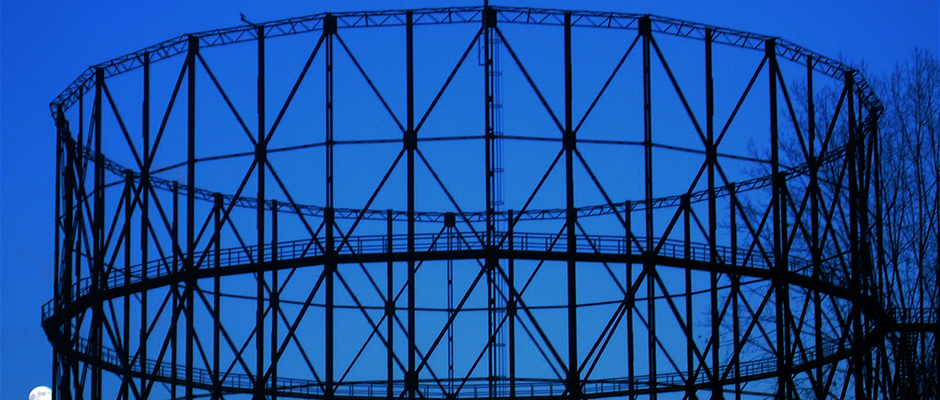



NANO ENERGY SYSTEMS journal honours and recognizes international scientists who have shown, during the course of their professional career, outstanding achievements in the field of Nanoscience and Nanotechnology relating to “ENERGY”. This prize is set to become very popular and very prestigious amongst high calibre senior international scientists working in the Nano Energy field.
Nomination Procedure
Following are the different methods for candidature nomination for the GLOBAL NANOENERGY PRIZE award:
Direct applications by the candidates:
Self-nominated candidates for the GLOBAL NANOENERGY PRIZE will need to email their updated CV's covering the mentioned criteria (see below) to info@nanoenergy.co.uk
CRITERIA
The candidates must satisfy the following criteria:
1) Leadership
The candidate must be an outstanding scientist and a recognised leader in the field of Nano Energy with a distinguished track record of original contributions in the field.
2) Research funding
It is essential that the scientist has an excellent track record of attracting financial support from funding institutes or centres to support their work.
3) Publications
The scientist must have published extensively in international peer reviewed and high impact factor journals (showing good citation index results).
4) Honors
The candidate's international scientific visibility/credibility consequent of his/her significant contributions and professional standing in the field of Nano Energy need to be profound and apparent. Evidence of international professional standing would be judged based on factors such as, international invitations, books authored, edited books/journals, other major prizes, international honors (honorary degrees, titles), etc.
5) Innovation
The scientist should be or have been engaged with innovative and cutting edge research. Scientists holding patents and involved with spin-out companies set up as a result of their work would be advantaged for this award.
NATURE OF AWARD
The prize will be composed of the following:
1. Personalised Plaque
2. A check for a modest amount
The GLOBAL NANOENERGY PRIZE is presented at the NANOENERGY conference during the plenary session.
RULES
1. A candidate can only receive the prize once and not more than this.
2. The winner needs to attend the NANOENERGY conference in order to receive the prize.
3. GLOBAL NANOENERGY PRIZE Lectures would be given by the recipients at the conference.
4. The selection committee members cannot be considered for the award (unless they no longer sit in the selection committee).
5. Unsuccessful candidates can be re-considered for the award the following 2 years. Therefore, they will be in the system for a total of three years.
SELECTION PROCESS
The GLOBAL NANOENERGY PRIZE Awards Committee will review the applications (candidate’s CV and nomination letters) and select one successful scientist for the Prize.
GLOBAL NANOENERGY PRIZE 2017 Recipient:
Professor Dr. Zhong Lin Wang, Georgia Tech, USA
Dr. Zhong Lin (ZL) Wang received his PhD from Arizona State University in 1987. He is the Hightower Chair in Materials Science and Engineering and Regents' Professor at Georgia Tech. Dr. Wang has made original and seminal contributions to the synthesis, discovery, characterization and understanding of fundamental physical properties of oxide nanobelts and nanowires, and their applications in energy sciences, sensors, electronics and optoelectronics. He is the world leader in ZnO nanostructure research. His discovery and breakthroughs in developing nanogenerators establish the principle and technological road map for harvesting mechanical energy from environment and biological systems for powering mobile sensors. His research on self-powered nanosystems has inspired the worldwide effort in academia and industry for harvesting ambient energy for micro-nano-systems, which is now a distinct disciplinary in energy science for future sensor networks and internet of things. He coined and pioneered the fields of piezotronics and piezo-phototronics by introducing piezoelectric potential gated charge transport process in fabricating strain-gated transistors for new electronics, optoelectronics, sensors and energy sciences. The piezotronic transistors have important applications in smart MEMS/NEMS, nanorobotics, human-electronics interface and sensors. Wang also invented and pioneered the in-situ technique for measuring the mechanical and electrical properties of a single nanotube/nanowire inside a transmission electron microscope (TEM). Dr. Wang is a pioneer and world leader in nanoscience and nanotechnology for his outstanding creativity and productivity. He has authored and co-authored 6 scientific reference and textbooks and over 1000 peer reviewed journal articles (16 in Nature and Science, 8 in Nature sister journals), 45 review papers and book chapters, edited and co-edited 14 volumes of books on nanotechnology, and held over 100 US and foreign patents. Dr. Wang is the world’s top 5 most cited authors in nanotechnology. His entire publications have been cited for over 84,000 times.